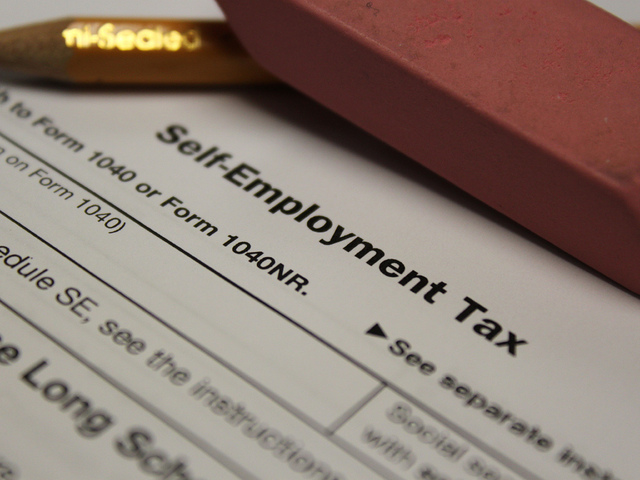
At this time of year, most people are thinking about taxes. For those who want to borrow money for their business, it is particularly important to pay attention to income taxes and file your reports on time. It is even more important to pay the tax, but sometimes that does not happen. So how do unpaid income taxes affect your ability to borrow money?
Lenders check out many things when you wish to borrow money for your business, including your personal credit report. They want to know about all of the debts that you’ve had so that it can be determined if you already have too much debt. Unpaid federal and state income tax can appear on your report if the government has filed a lien for not paying your tax. Follow these steps to increase your likelihood of getting money to fund your business.
Catch up with Uncle Sam.
When you owe federal income tax for prior years, you’re not automatically disqualified from getting a loan. If you’re making timely payments following a payment plan with the government, then you still have a chance. If you don’t have such a plan, set one up. Unpaid taxes can reflect poorly on your character and credit—both of which are key lending criteria.
Avoid liens.
In addition to looking for cash flow to repay a loan, lenders look for the amount of collateral that is available on which to place a lien. If there is already another lien on collateral, there may not be enough unencumbered collateral left for a new lender. Federal income liens have a priority over debt liens filed after. This is why many banks will not risk losing their position on the collateral and will hold back enough loan proceeds to pay off these tax liabilities. Lenders will ask why a tax lien happened; a plausible explanation can improve your chance of getting a loan.
File on time.
Lenders want to see some “proof” of your business and personal cash flow to repay loans. They rely on copies of income tax returns that they obtain directly from the government, not from you. If you have extended the filing of your income tax return for 2014, this can slow down the process of getting a new loan. Lenders usually require that the most recent year income tax return be obtained, especially for loans funded after the normal due date of the tax return.
While unpaid income taxes can complicate your loan application process, they don’t necessarily prevent you from getting a loan. Avoid these three pitfalls and you’ll be on the right track for your finances and your business.
Dale Clack is the business finance consultant for the Denver Metro Small Business Development Center.
[Photo by Philip Taylor]
